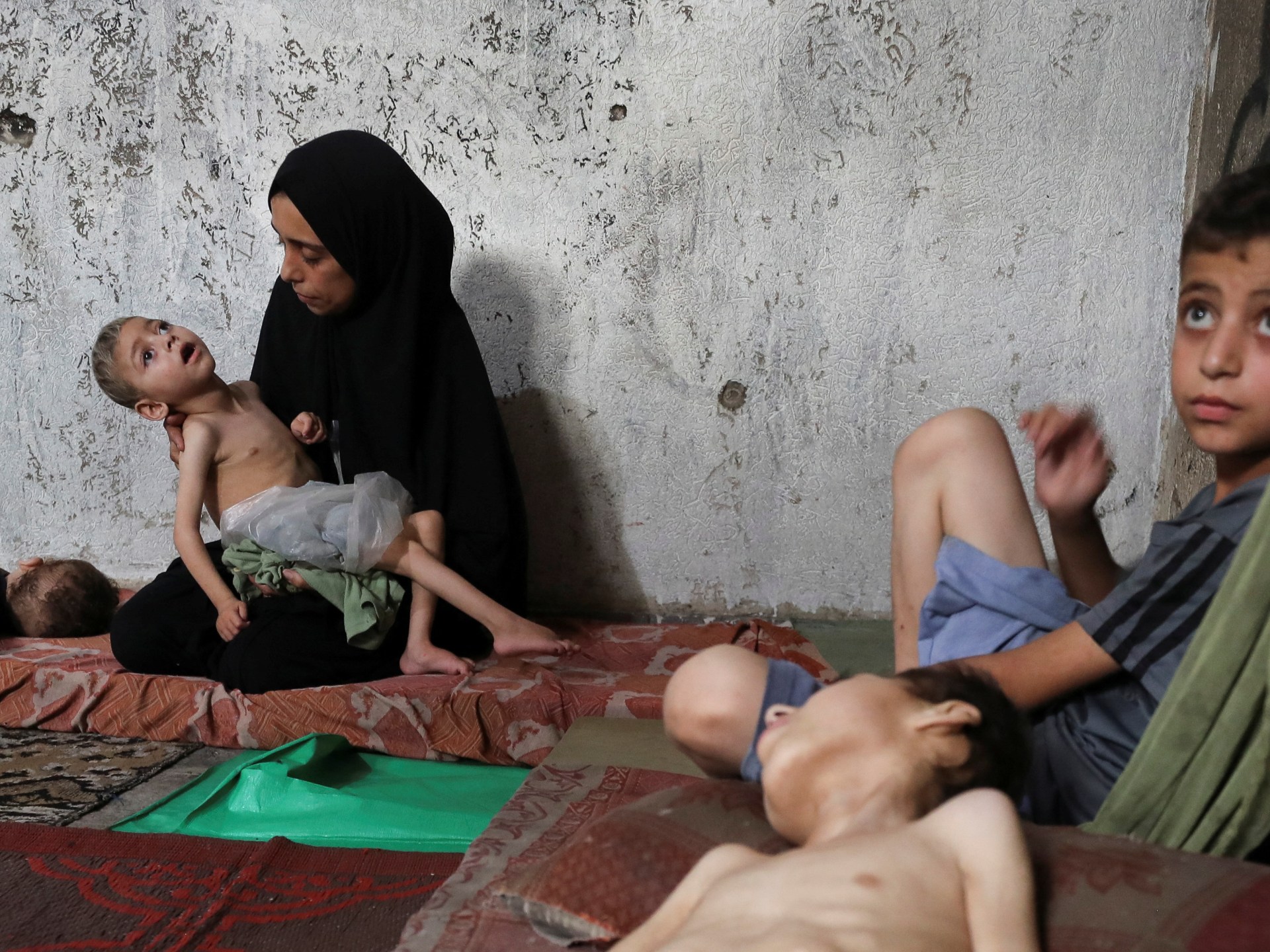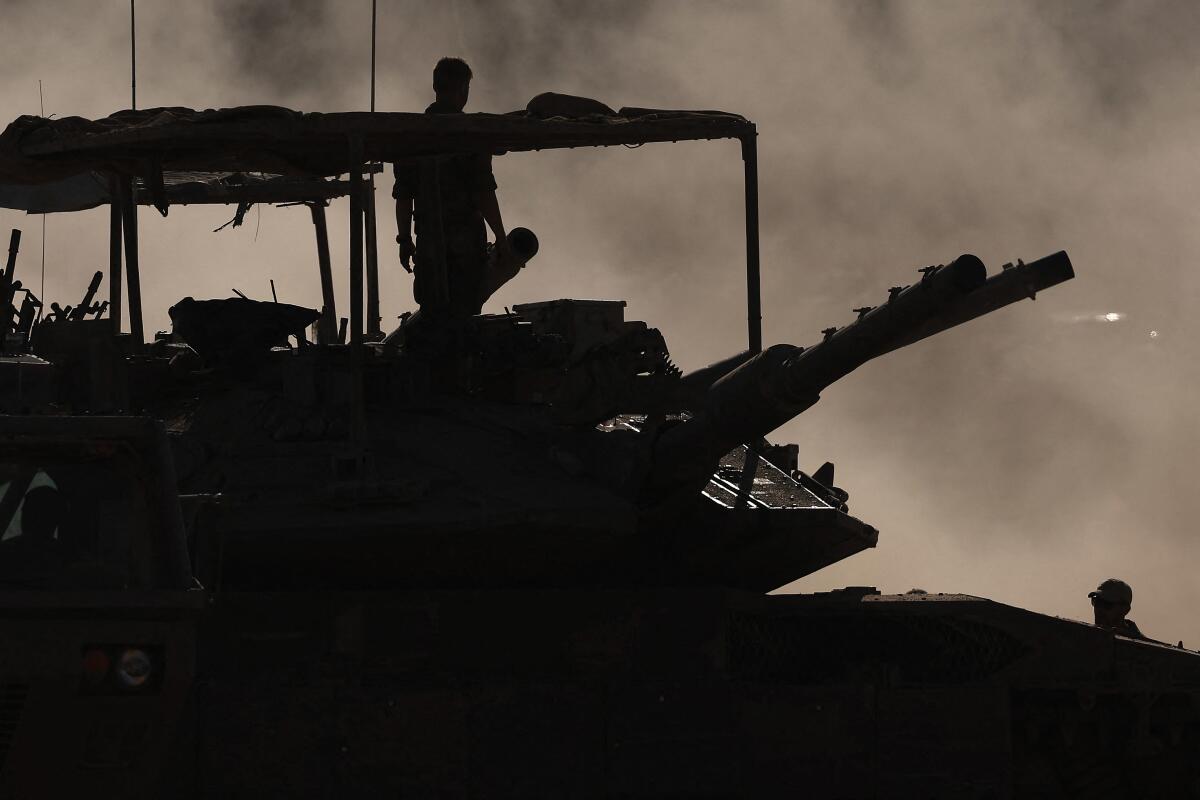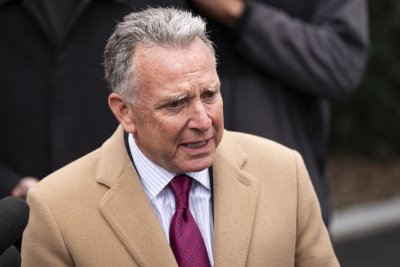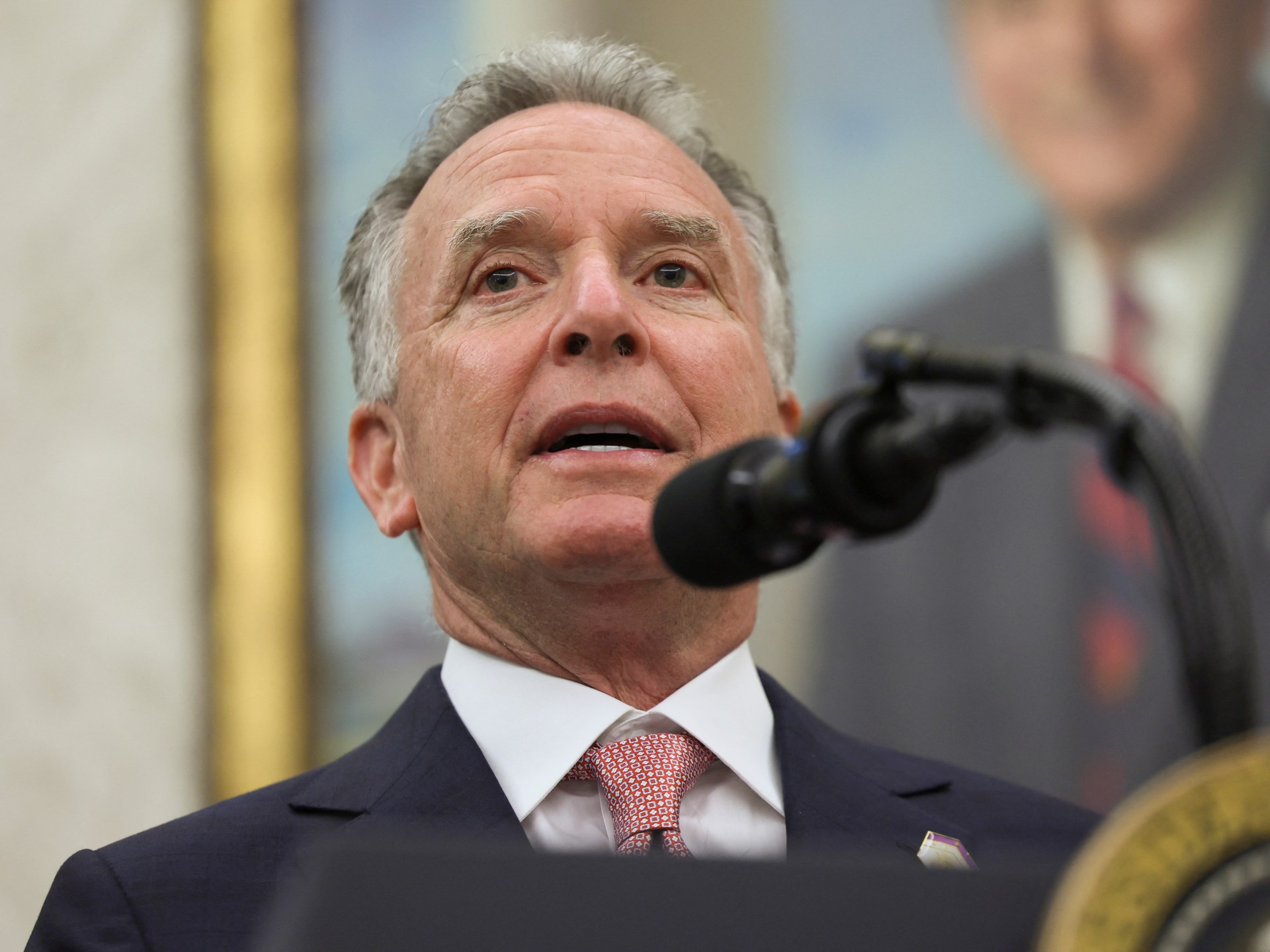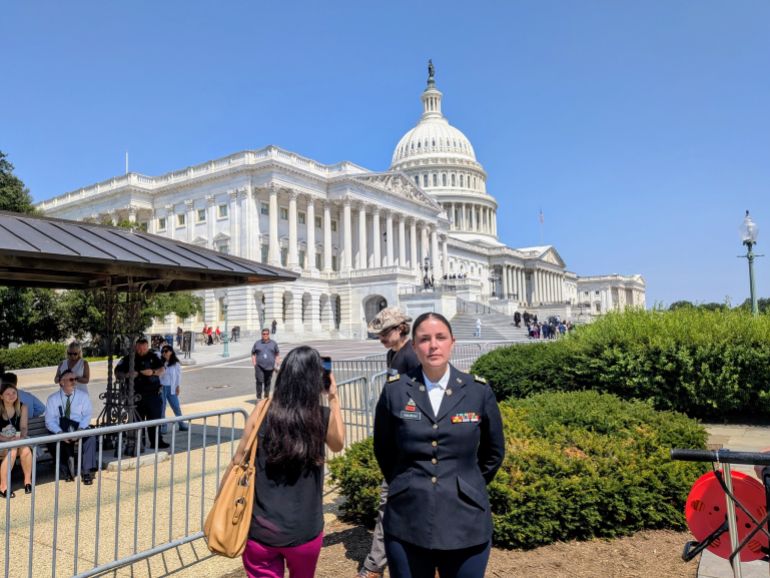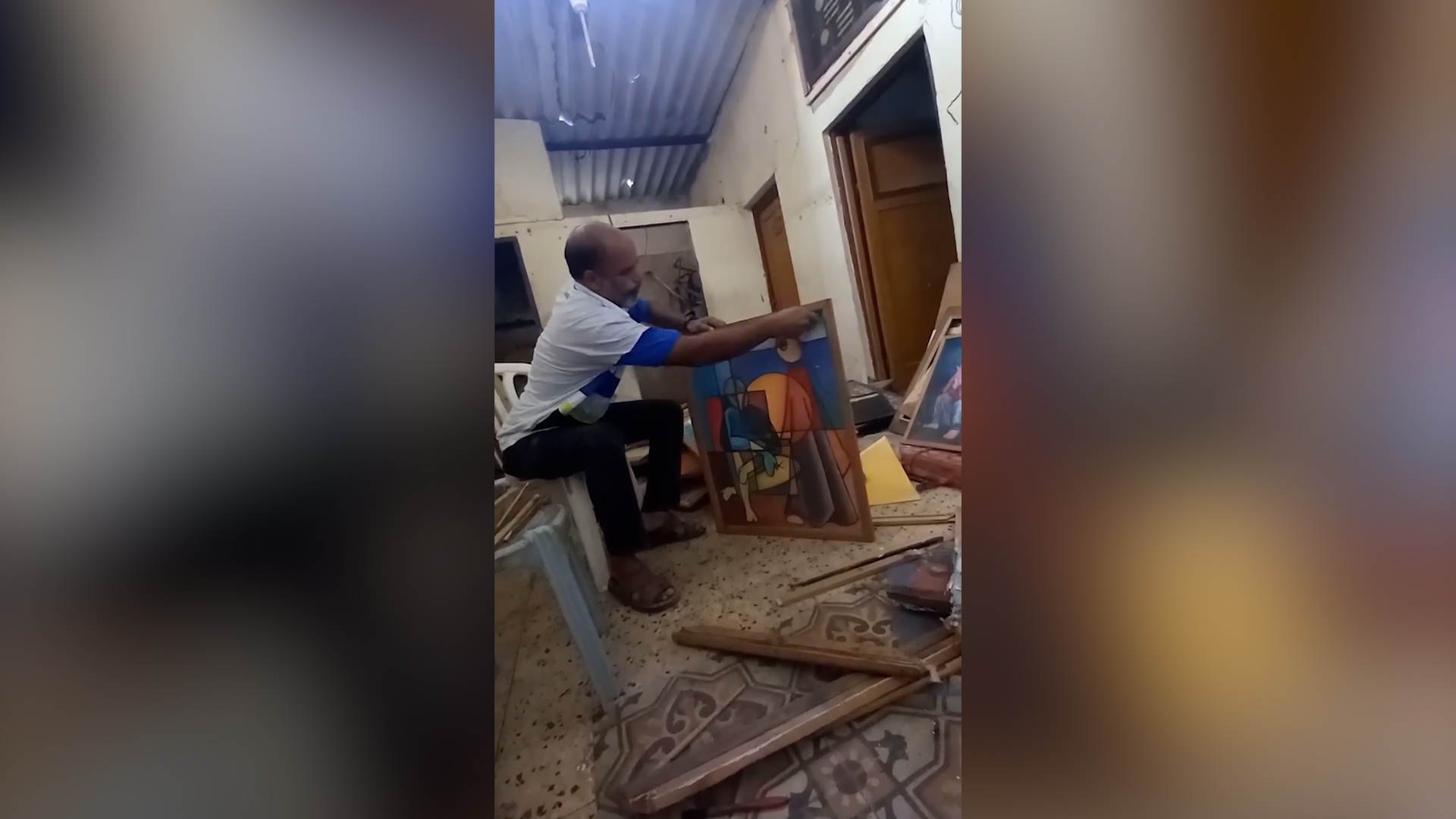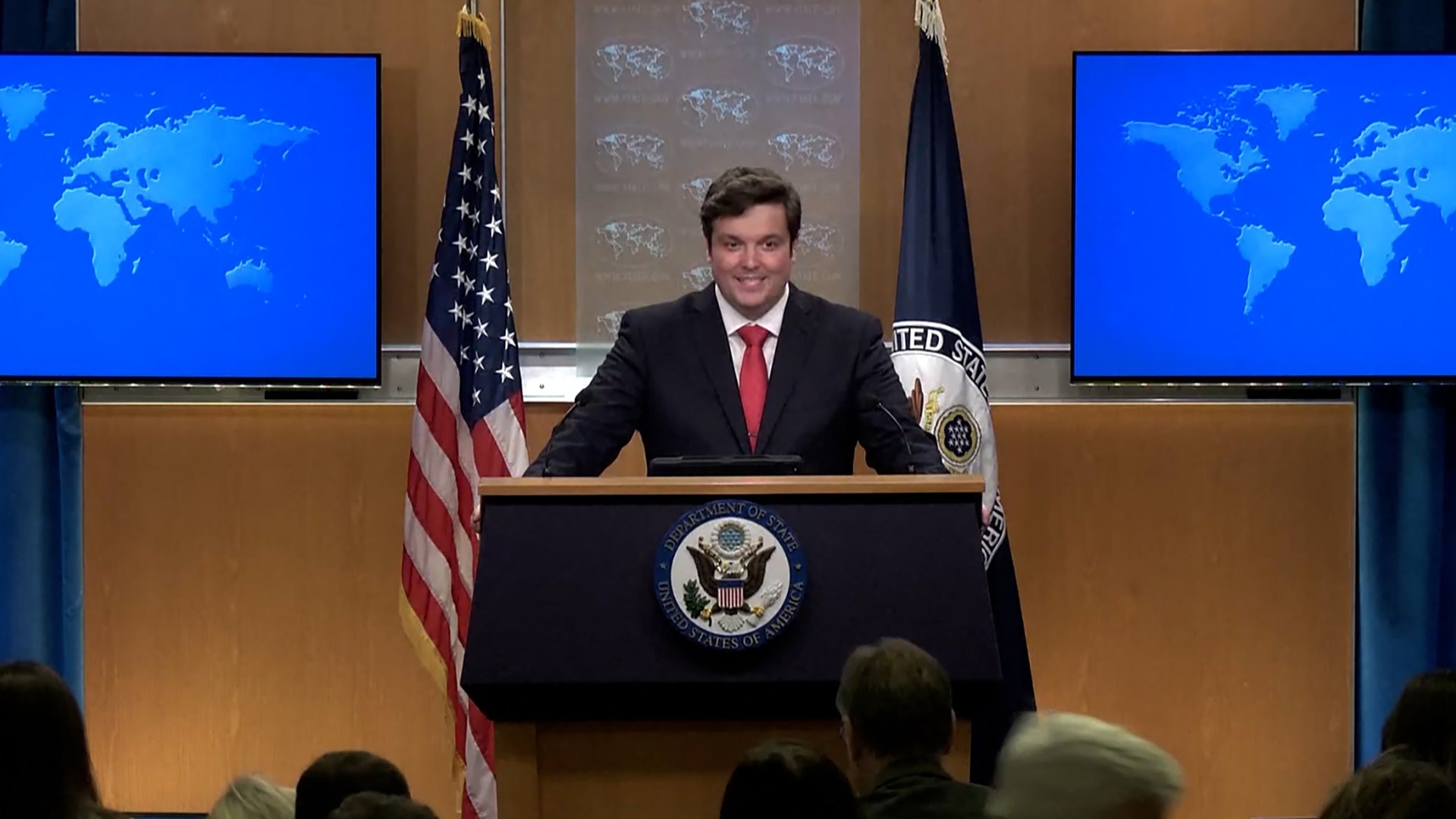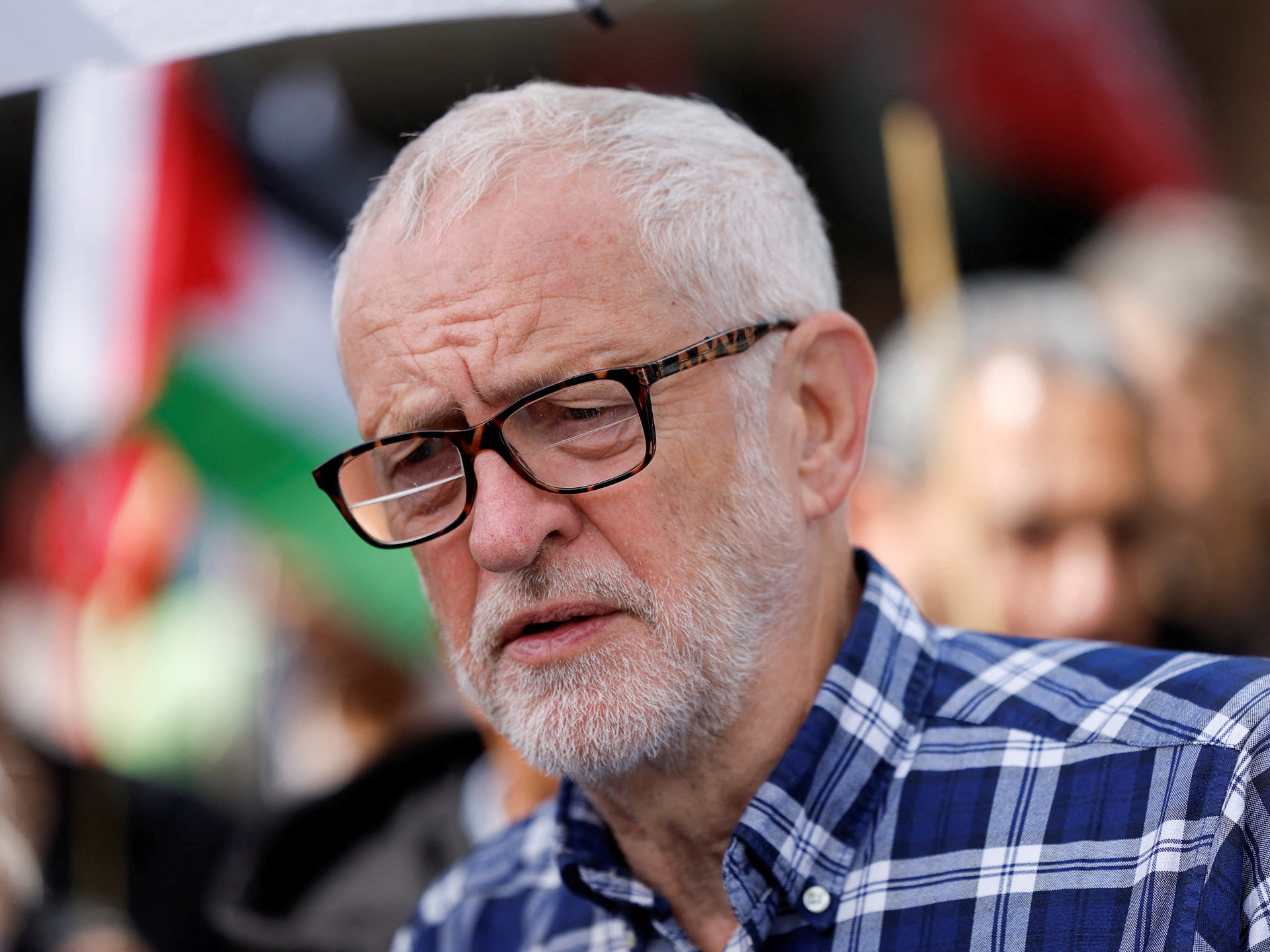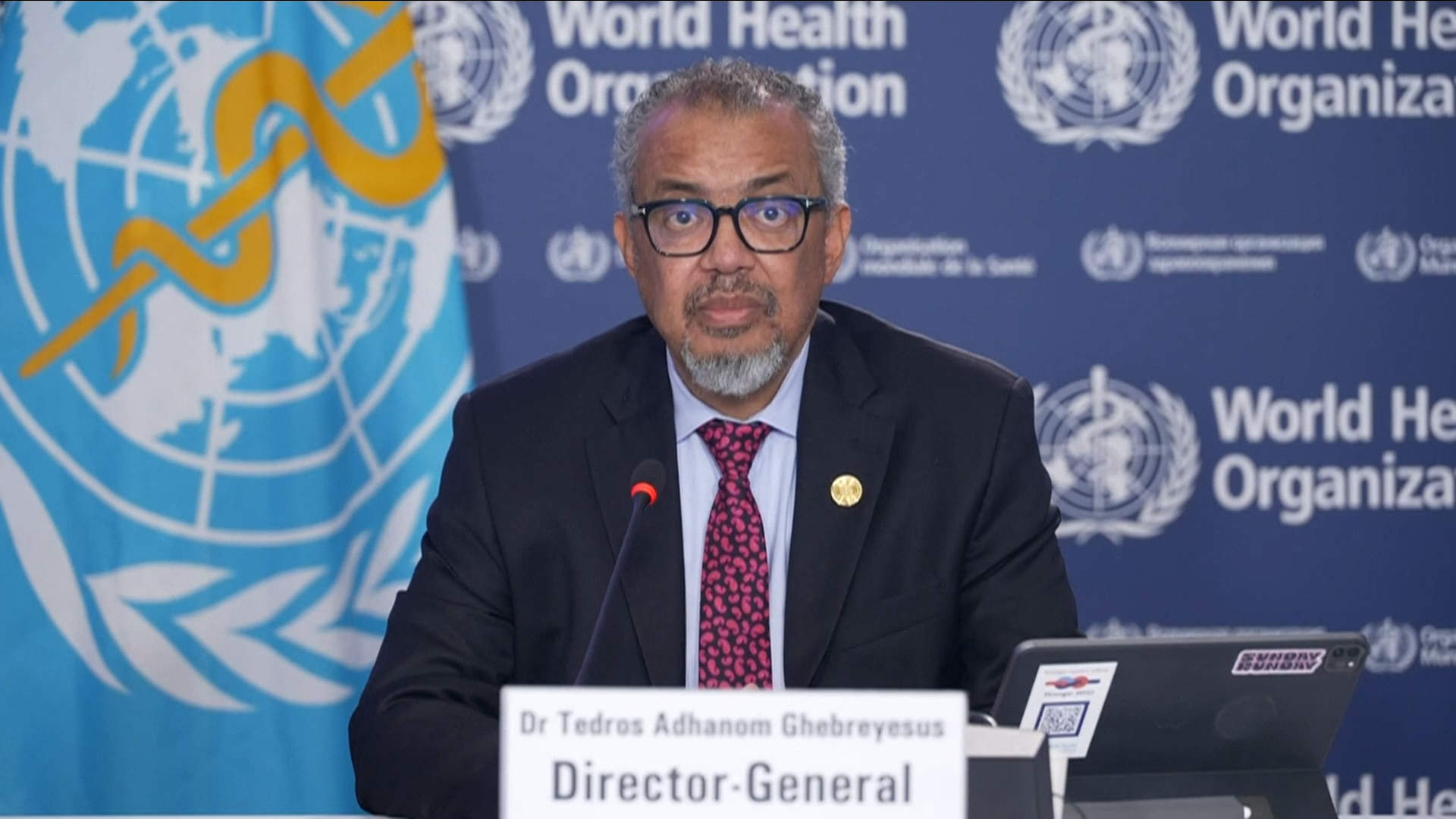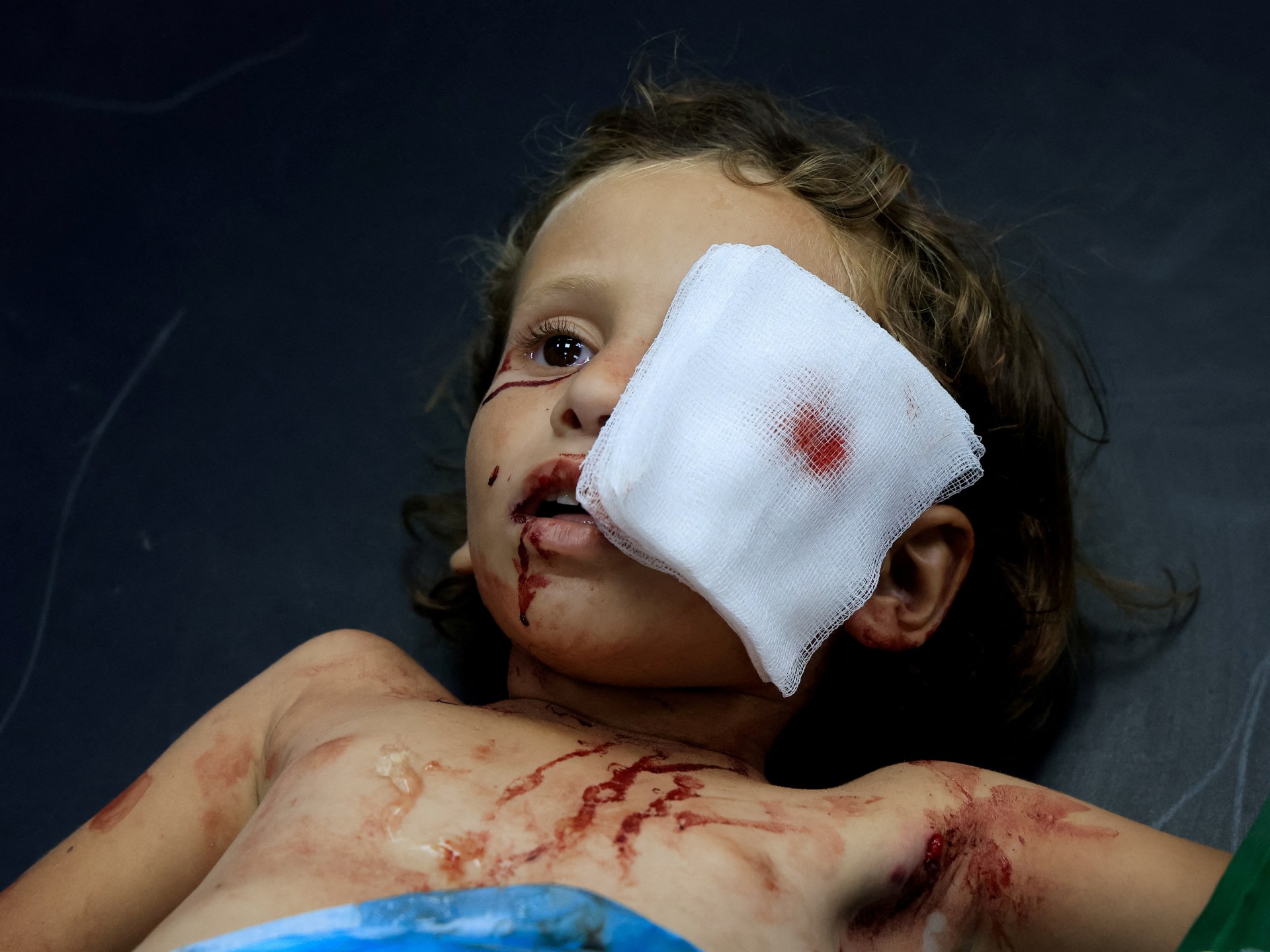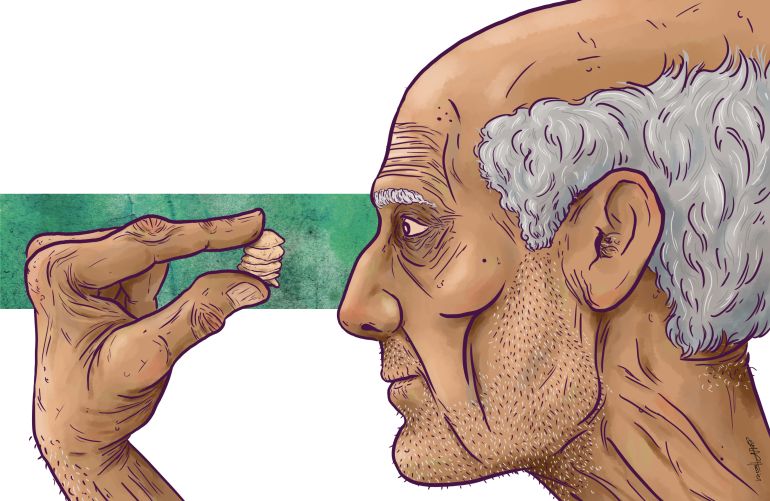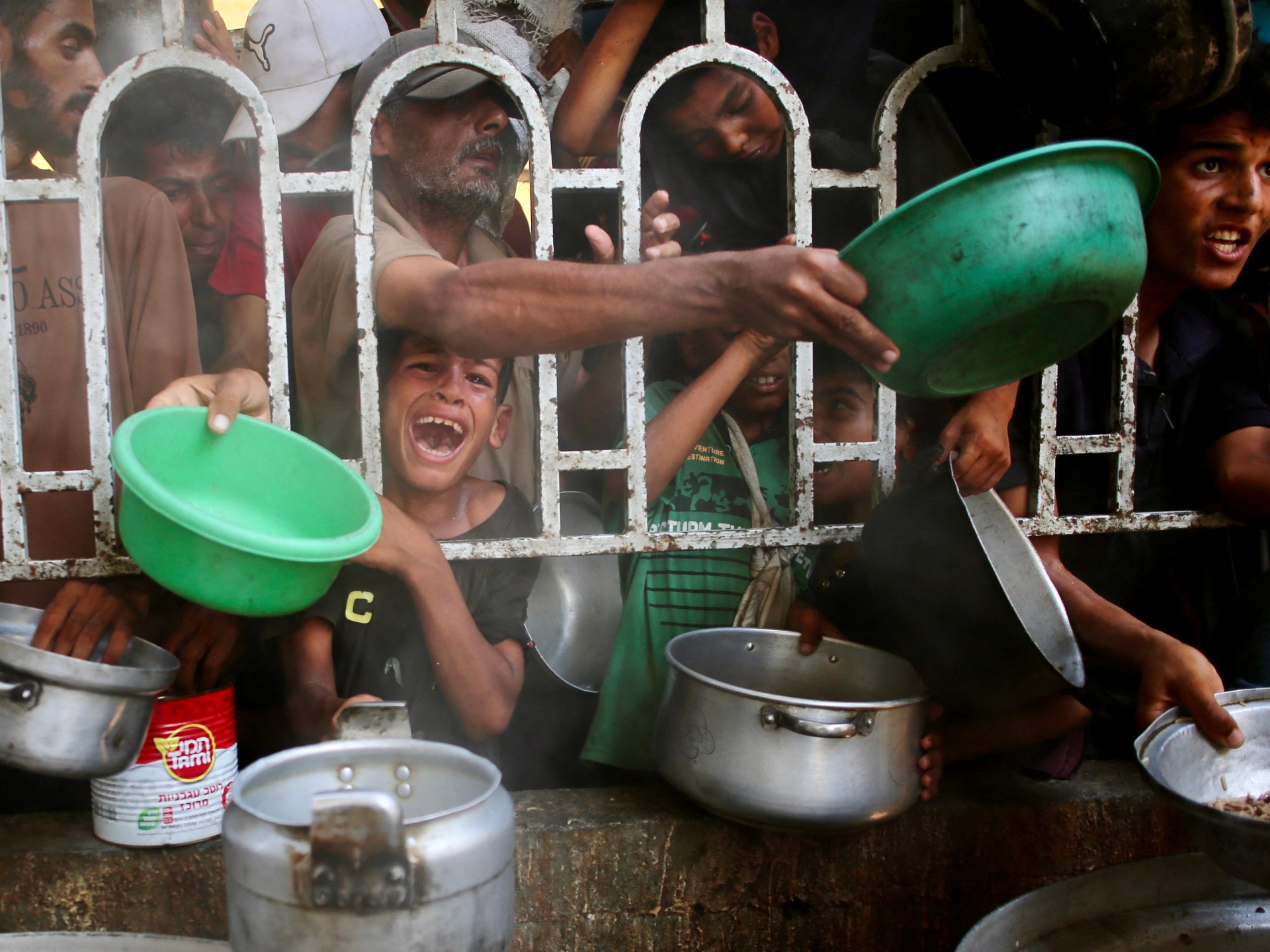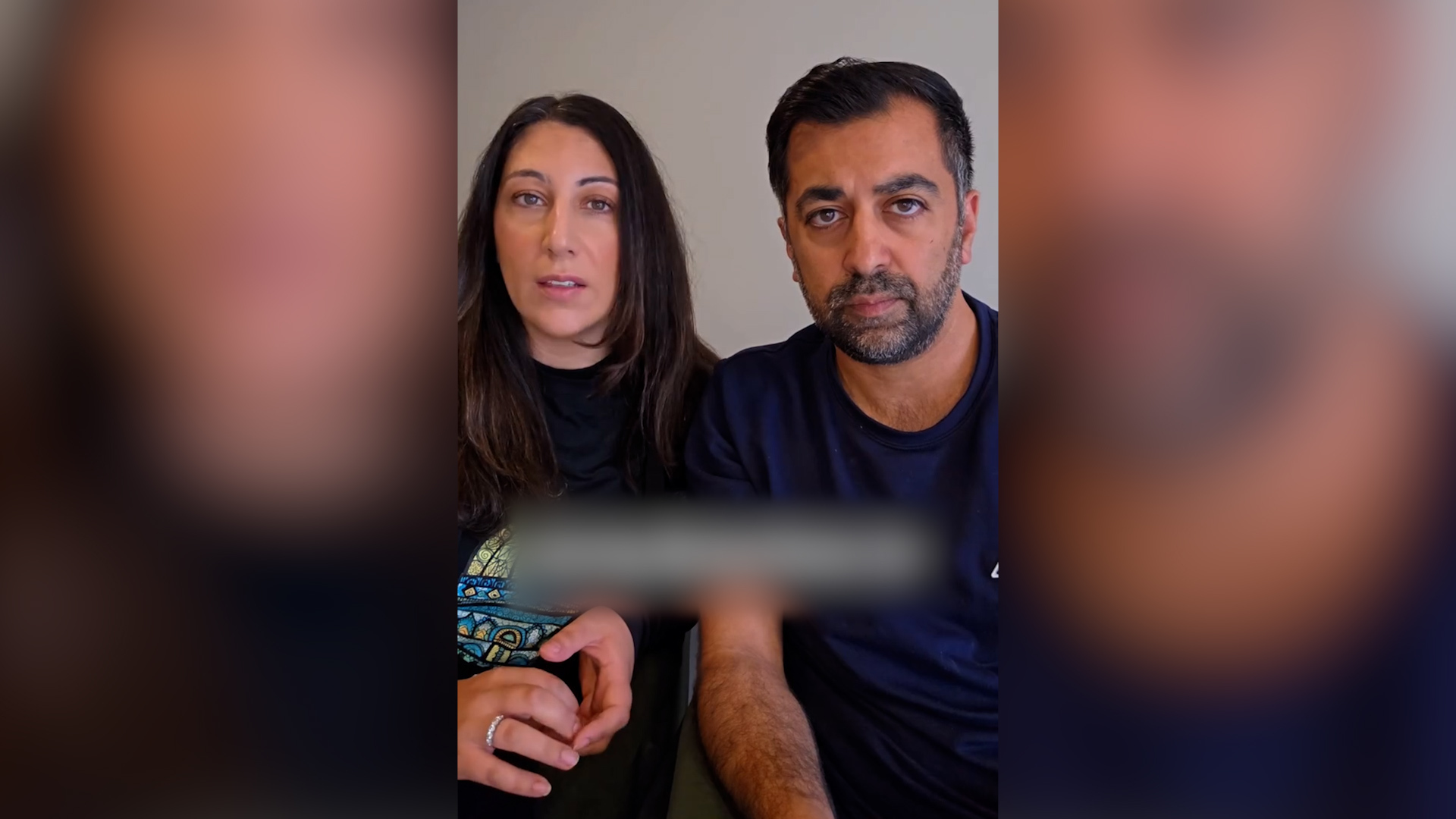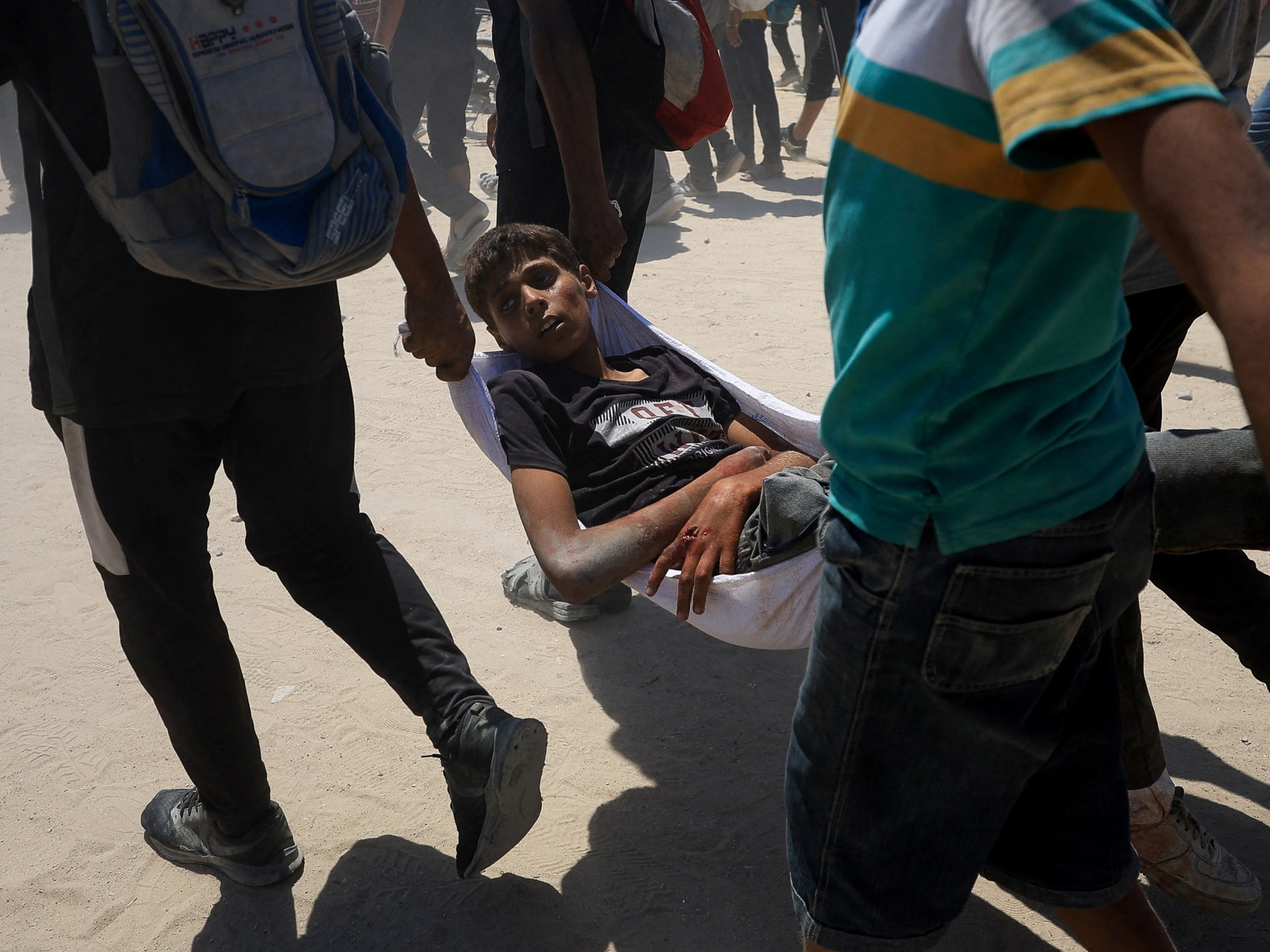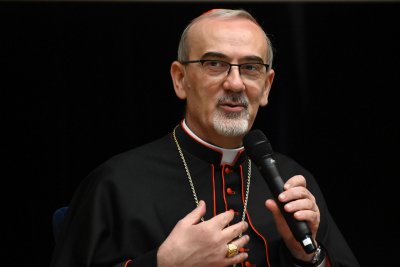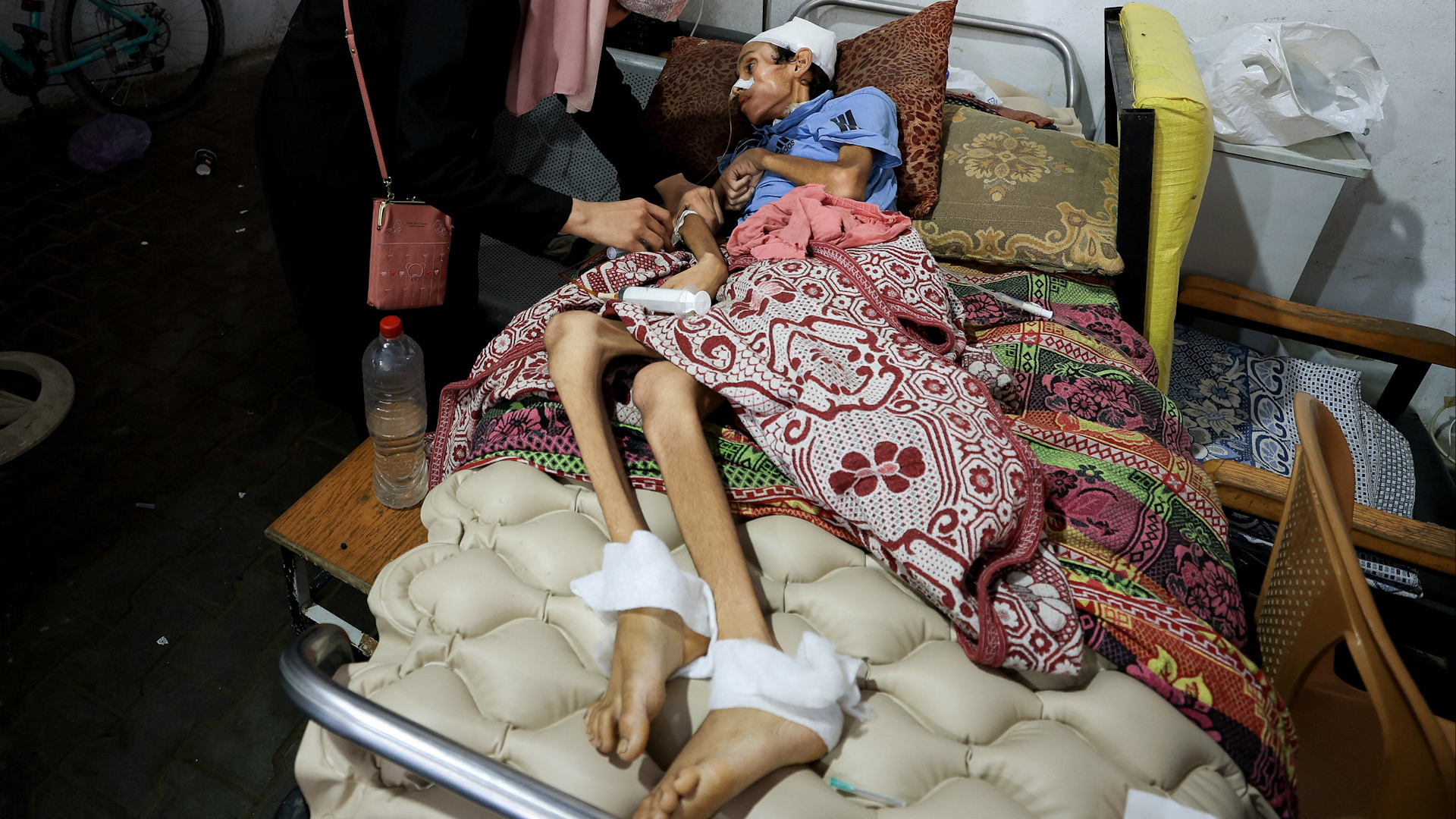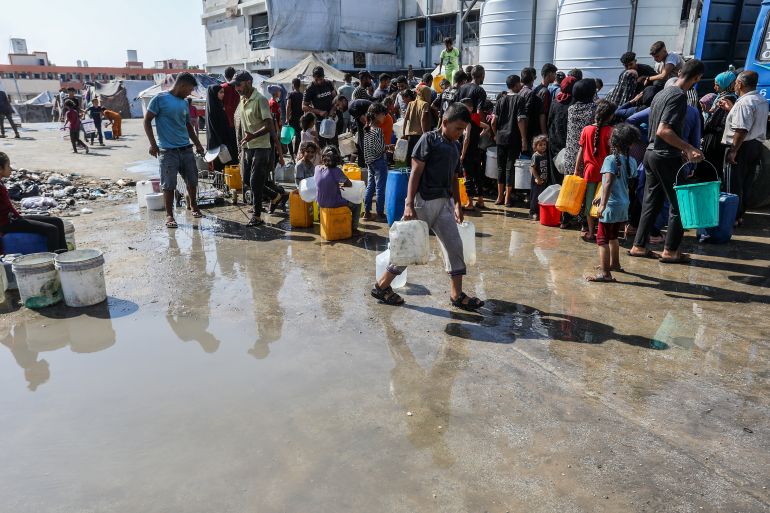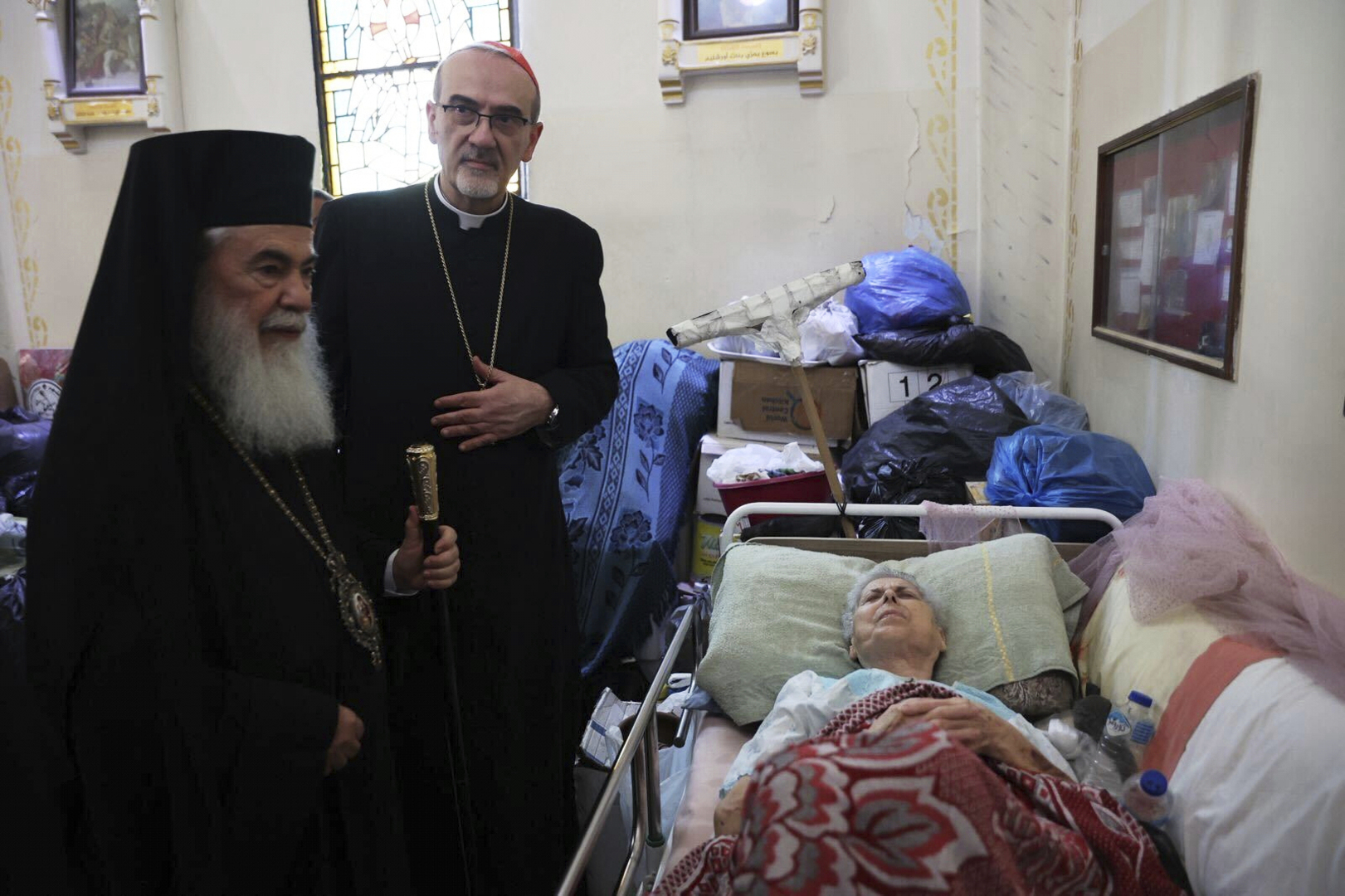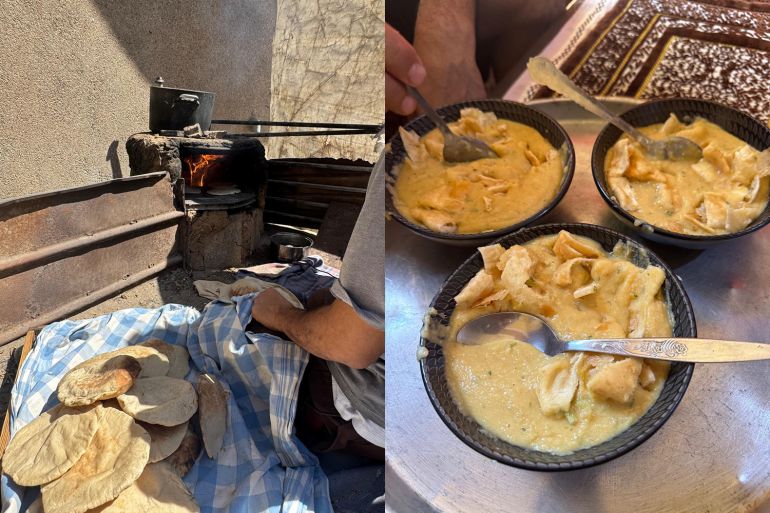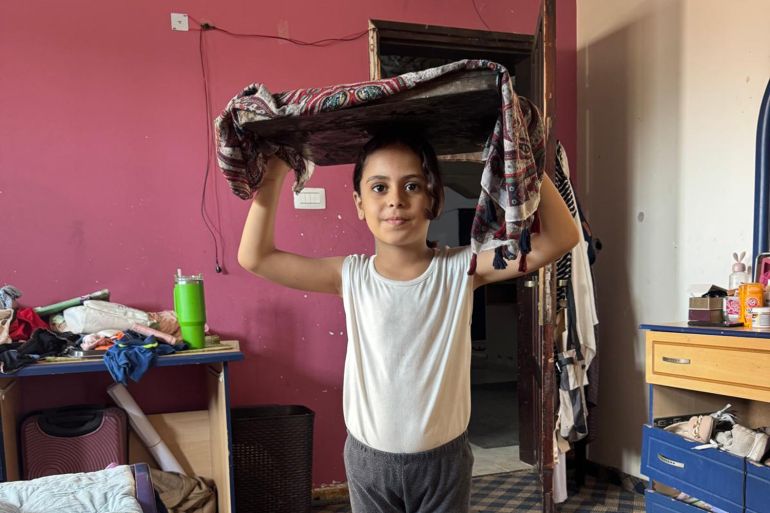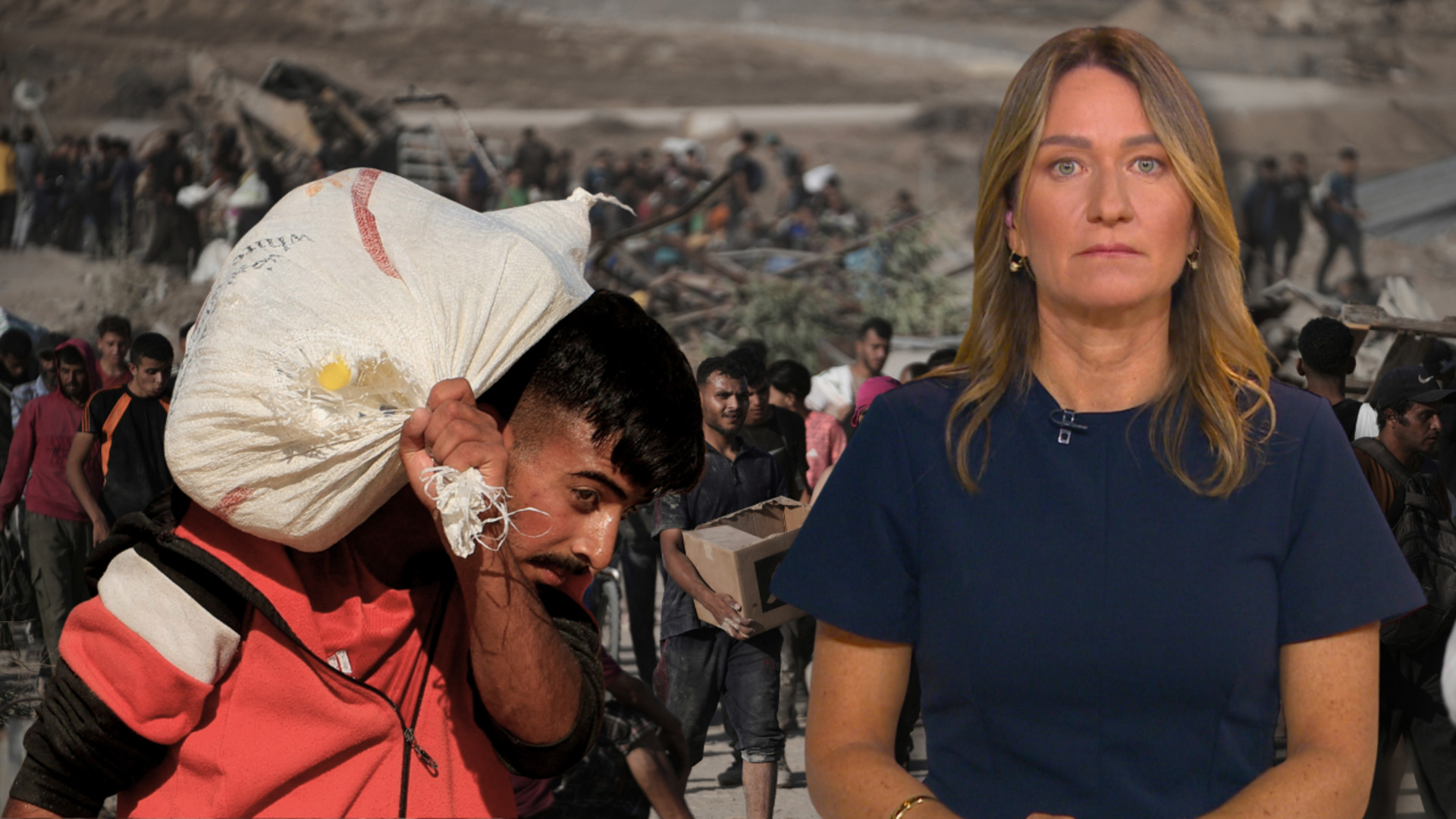Death toll from starvation in Gaza rises to 115 as Israeli attacks continue | Israel-Palestine conflict News
At least 62 people have been killed, including 19 who were seeking aid, in Israeli attacks across Gaza, hospital sources told Al Jazeera, and two people died from malnutrition amid growing international outrage over Israel’s conduct in the war.
Gaza’s Health Ministry said on Thursday that at least 115 Palestinians have starved to death in the enclave since Israel launched its war on Gaza in October 2023. Most of the deaths, which include many children, have been in recent weeks.
Israel imposed a total blockade on Gaza in March and has only allowed a trickle of aid into the territory since late May, triggering a dire humanitarian crisis and warnings of mass starvation.
In a statement on Thursday, the United Nations agency for Palestinian refugees (UNRWA) warned that “families are breaking down” amid the hunger crisis.
“Parents are too hungry to care for their children,” agency head Philippe Lazzarini said in a post on X. “Those who reach UNRWA clinics don’t have the energy, food or means to follow medical advice”.
The UN humanitarian agency, OCHA, added that Israel has been preventing it from verifying aid waiting at distribution centres.
Reporting from Gaza City, Al Jazeera’s Hani Mahmoud said the situation was deteriorating, with Palestinians clamouring for any aid they can find.
“Enforced starvation, enforced dehydration, and hunger are gripping the Gaza Strip, with more people reported with malnutrition and a severe, acute shortage of food supplies and other basic necessities,” he said.
“According to what we hear from health sources, people’s immune systems are falling apart. They’re unable to fight the many diseases that are spreading because their bodies are unable to fight,” he said.
With dire conditions on the ground largely unchanged, international condemnation has continued to grow.
On Thursday, more than 60 members of the European Parliament (MEPs) demanded an emergency meeting to push actions against Israel in a letter sent to European Union foreign policy chief Kaja Kallas.
Speaking to Al Jazeera, Lynn Boylan, an Irish member of the European Parliament, accused EU leaders of a double standard when it comes to Palestinian lives.
“Clearly, Palestinian lives are not seen by the elite in the EU as equivalent to, for example, Ukrainian lives,” Boylan told Al Jazeera.
“There’s a chilling effect, that if you dare to speak up against Israel, if you dare to call out the war crimes that you’re witnessing, there is immediately a backlash and an attack,” she said.
Outrage among European leaders has also soared in recent days, with 28 countries earlier this week condemning the aid blockade, while calling for an immediate end to the fighting.
On Thursday, the United Kingdom’s government announced Prime Minister Keir Starmer would hold a call with his German and French counterparts, to “discuss what we can do urgently to stop the killing and get people the food they desperately need”.
Breakdown in talks
As the humanitarian situation in Gaza continues to spiral, negotiations to end the war again broke down, with US envoy Steve Witkoff announcing that his team was leaving negotiations in Qatar early.
That came shortly after Israel announced it was withdrawing its delegation from the talks.
In a statement, Witkoff accused Hamas of showing “a lack of desire to reach a ceasefire”.
“We will now consider alternative options to bring the hostages home and try to create a more stable environment for the people of Gaza,” Witkoff said, without elaborating.
Hamas, which has repeatedly accused Israel of blocking a ceasefire agreement, said it was surprised by Witkoff’s remarks.
“The movement affirms its keenness to continue negotiations and engage in them in a manner that helps overcome obstacles and leads to a permanent ceasefire agreement,” said Hamas in a statement released late on Thursday.
US President Donald Trump, meanwhile, has continued to push for a deal, while simultaneously supporting the displacement of Palestinians from the enclave to nearby countries, in what would potentially constitute ethnic cleansing.
France to recognise Palestine
Late on Thursday, French President Emmanuel Macron announced he would officially recognise the State of Palestine at the United Nations General Assembly in September.
Macron said the decision was “in keeping with [France’s] historic commitment to a just and lasting peace in the Middle East”.
The move will make France the largest and arguably most influential country in Europe to recognise a Palestinian state.
The move was hailed by the deputy of Palestinian Authority President Mahmoud Abbas, who said it showed France’s “commitment to international law and its support for the Palestinian people’s rights to self-determination and the establishment of our independent state”.
Israeli officials swiftly condemned the move, with Defence Minister Israel Katz calling it a “disgrace and a surrender to terrorism”.
“We will not allow the establishment of a Palestinian entity that would harm our security, endanger our existence, and undermine our historical right to the Land of Israel,” he said.
